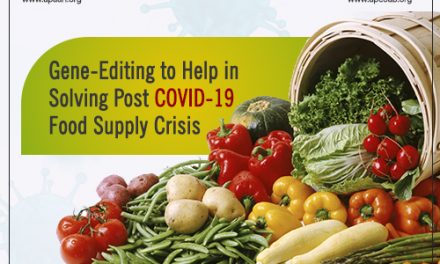Innovative approaches in agriculture and food industry have enabled nations like the US, Brazil and others to become a leading foundation for global food security. Grain trade allows growers to connect with global markets and supports farmer income. Similarly, for achieving complete food security, grain trade serves critical impetus.
Grain merchandisers in the United States have retained decent profits through fungibility. However, this concept is limited towards the mobility of large grain volumes while its authenticity with modern demands of stakeholders remains to be evaluated.
The new societal and regulatory demands are the need of the hour. Carbon budgeting requirements, pesticide residue limits and sustainability certifications are required to ascertain the food traceability and enhancement of the food value chain. New traits induced with biological inventions and innovations like CRISPR throws a potent challenge on the fungibility- based systems. However, a well-equipped framework can eliminate such challenges and barriers in commercializing gene-edited crops.
It will enhance trading opportunities, at the same time, by disconnecting farmers and consumers from dysfunctional foreign regulatory systems. This would strengthen farmers in gaining better competitive advantage through effective grain handling.
Governments of all nations should encompass science and evidence-based regulations which require alignment with each other as far as possible either bilaterally or possibly multi-laterally. Also, the governments should allow supporting infrastructures and programs for the efficient formation of commodity channels to counter politicized and restrictive foreign markets. Yet, grain handling policies should not harm new technologies with inadvertent differentiation of products without any scientific validation of same.
A fresh example of innovation consistent policy regulation can be the United States’ initiative to clarify the state of genomic changes pertaining to grains under the Grain Standards


